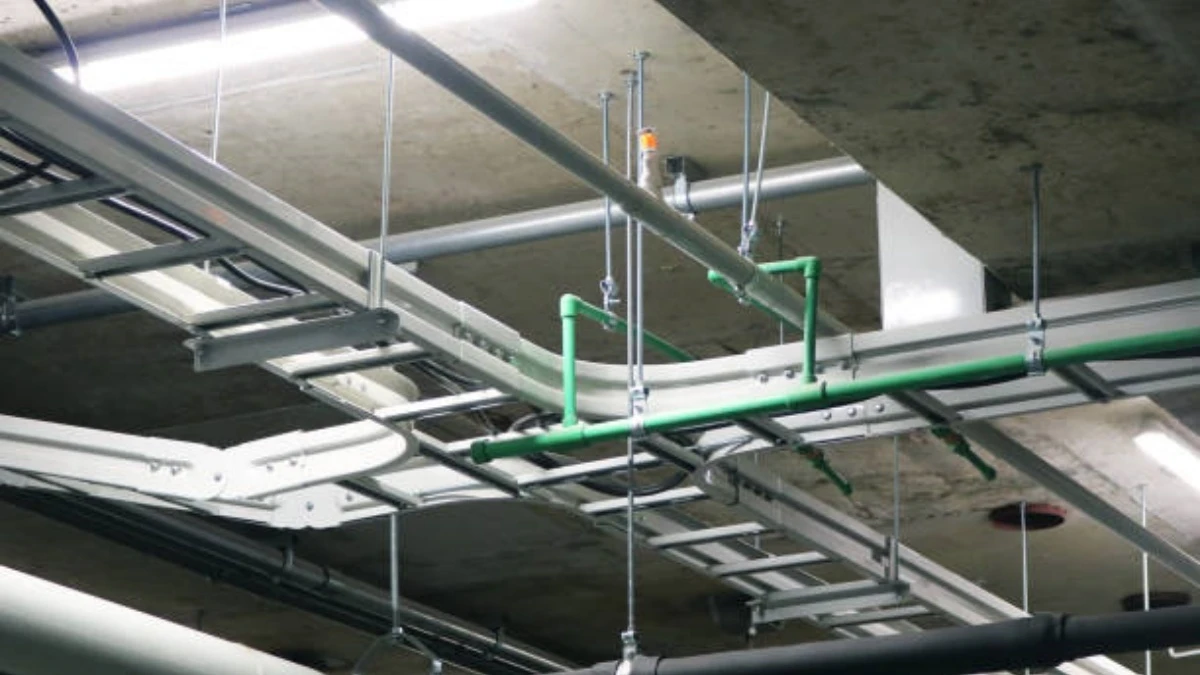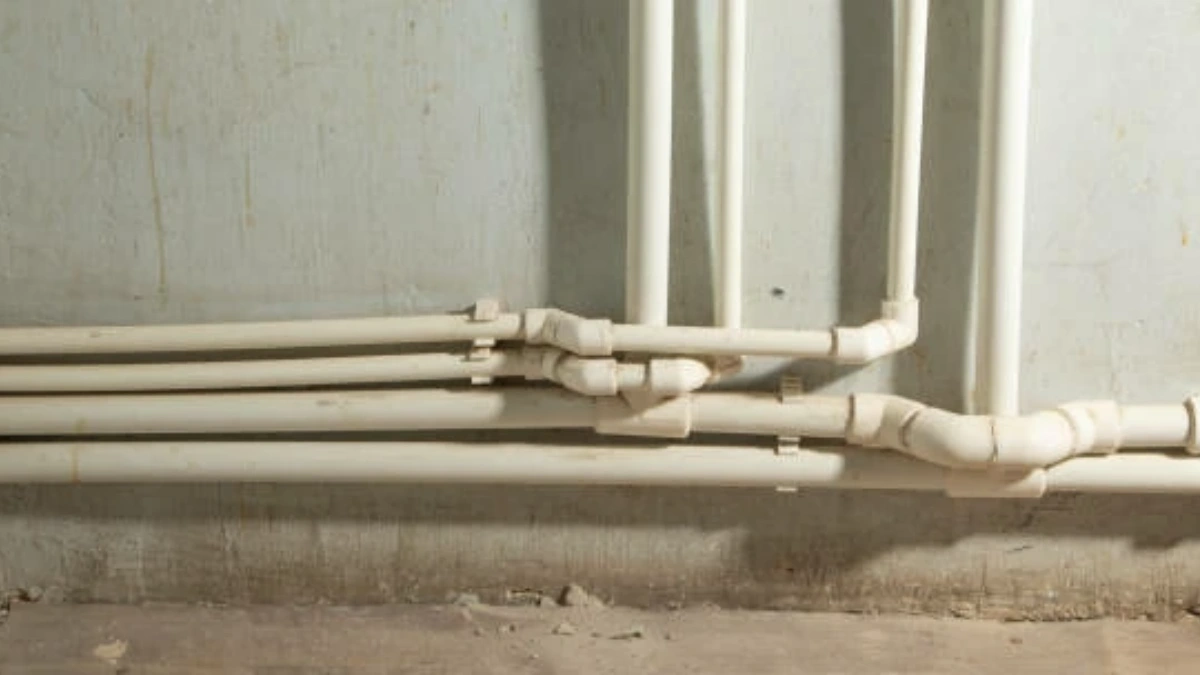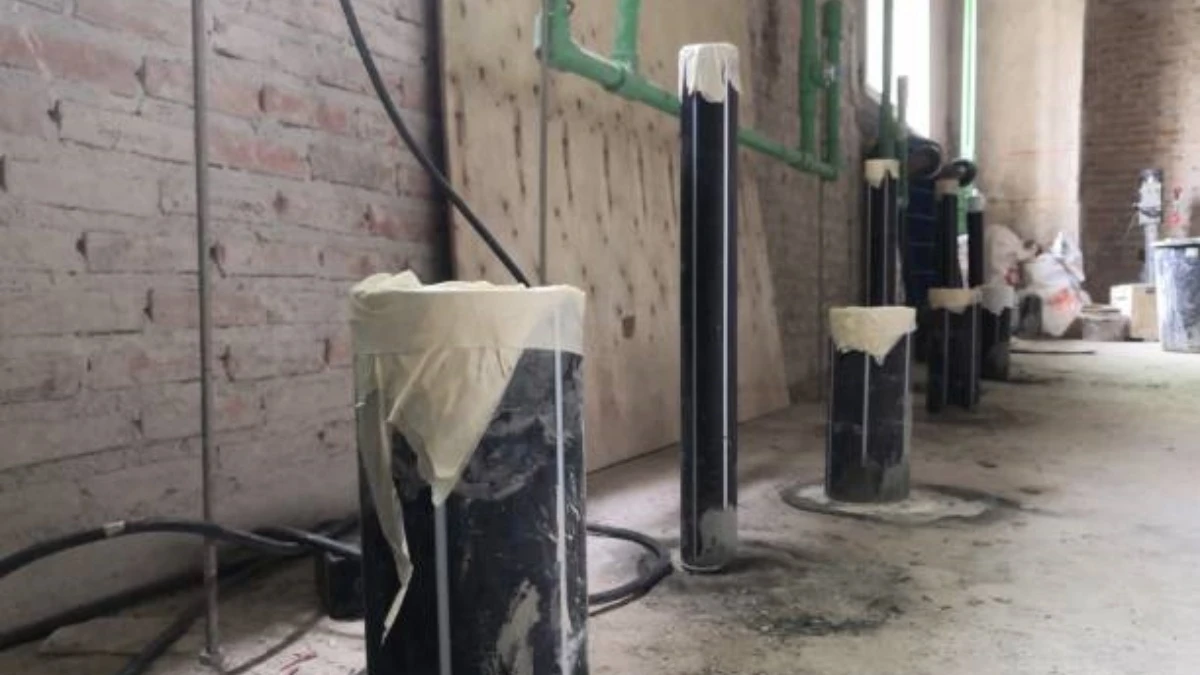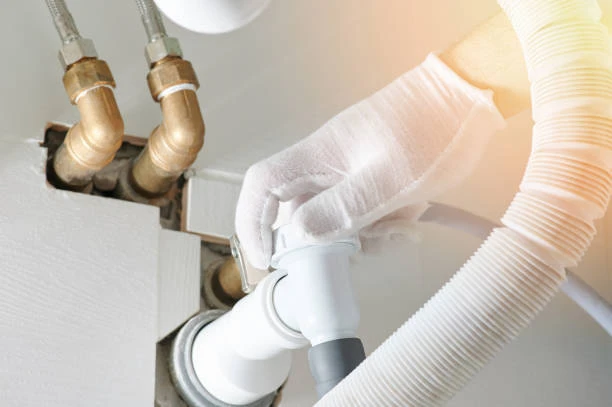In the wake of the Atlanta water crisis, the city has taken a significant step towards securing its water infrastructure by planning the inspection of over 60,000 water valves. This massive undertaking aims to prevent future disruptions to the city’s water supply system and ensure that the infrastructure remains in good working condition. Water valves are crucial components in regulating the flow of water through distribution systems, and their proper maintenance is key to ensuring a reliable and clean water supply. This article delves into the importance of water valves, the impact of the Atlanta water crisis, and the steps the city is taking to address valve issues to prevent similar future crises.
The Importance of Water Valves
What Are Water Valves?
Water valves are mechanical devices used to control the flow of water in a water supply system. They can be found at various points in the infrastructure, including water mains, service connections, and distribution lines. These valves serve to regulate, start, stop, or throttle the flow of water, ensuring the system operates effectively and efficiently.
Key Types of Water Valves
- Gate Valves: Commonly used for on/off control, these valves open and close completely, allowing or stopping the water flow.
- Ball Valves: These valves use a spherical ball to control the flow of water. They are reliable and durable, offering a tight seal.
- Check Valves: These valves prevent the backflow of water, ensuring that water only moves in one direction.
- Pressure Relief Valves: Designed to control the pressure within the system, preventing it from exceeding safe levels.
- Butterfly Valves: Often used in large-scale systems, these valves control the flow by rotating a disc inside the valve.
Why Are Water Valves So Important?
Water valves play an essential role in the water distribution system, controlling the flow, pressure, and direction of water. Without properly functioning valves, several issues could arise, including:
- Water Supply Interruptions: A malfunctioning valve could disrupt the water supply to residents and businesses.
- System Failures: Poorly maintained or faulty valves could lead to pressure imbalances, damaging other parts of the infrastructure.
- Water Contamination: If backflow prevention valves fail, contaminated water could enter the clean water supply, posing a public health risk.
The maintenance and regular inspection of water valves are crucial to keeping the water system running smoothly and ensuring that clean water is consistently delivered to residents.
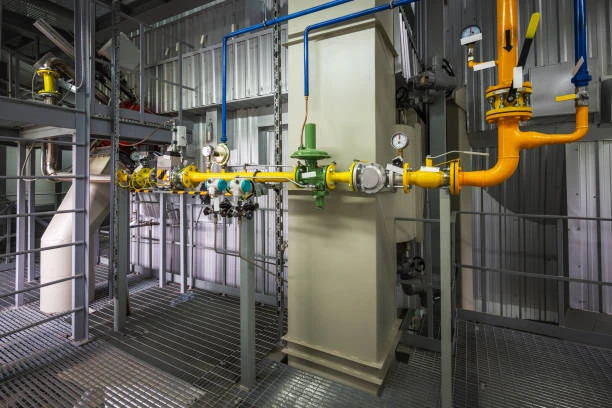
The Atlanta Water Valves Crisis: A Wake-Up Call
What Happened During the Atlanta Water Crisis?
The Atlanta water crisis was a significant event that highlighted weaknesses in the city’s water infrastructure. The crisis, which occurred due to a series of system failures, including issues with aging pipelines and faulty valves, left large parts of the city without water or experiencing low water pressure. In addition to water supply disruptions, the crisis raised concerns about the safety and reliability of the city’s water system.
Several factors contributed to the crisis, including:
- Aging Infrastructure: The city’s water distribution system, built many decades ago, had not been adequately maintained or upgraded to handle modern demands.
- Improper Valve Maintenance: The failure to properly inspect and maintain critical water valves contributed to the disruptions.
- Lack of Contingency Plans: The city’s infrastructure was not equipped with effective contingency measures to deal with large-scale failures, leading to prolonged service outages.
As the crisis unfold, the city’s officials realized that urgent action was need to restore trust in the water system and prevent future failures.
The Plan of Water Valves for Inspecting 60,000 Water Valves
The Need for Valve Inspections
In response to the water crisis, the city of Atlanta has committed to inspecting 60,000 water valves across the city. The primary goal of this initiative is to identify any faulty or outdate valves and ensure that they are properly maintain to prevent future disruptions.
The Key Objectives of the Valve Inspections:
- Identify Faulty Valves: Inspecting all 60,000 valves will help identify any that are malfunctioning or prone to failure. These valves will be repair or replace to ensure the continue functionality of the water system.
- Prevent System Failures: Regular inspections will help catch issues before they lead to serious system failures, such as water outages or pressure loss.
- Improve Water Quality: Ensuring that the valves are functioning properly helps prevent backflow and contamination in the water supply.
- Increase System Reliability: A well-maintained water valve system ensures consistent water supply and reduces the risk of future crises.
Inspection Process
The inspection process will be carry out in phases over an extended period. Crews will be deploy to inspect valves, test their functionality, and make repairs as needed. In cases where valves are found to be outdated or inefficient, they will be replaced with newer models that are more reliable and easier to maintain. The city will also implement a more efficient system for monitoring and maintaining these valves in the future.
The Impact of Water Valves on Residents and Businesses
Minimizing Water Service Interruptions
One of the biggest concerns for residents and businesses in Atlanta is the potential for water service interruptions. The city has assured the public that the valve inspections and repairs will be conduct in such a way as to minimize disruptions to the water supply. While some areas may experience short-term outages during inspections or repairs, the city plans to provide advance notice and keep the public informed about any necessary water shutdowns.
Communication with the Public
To ensure that residents are kept up to date, the city of Atlanta will use multiple communication channels, including social media, local news outlets, and direct notifications to inform people about inspection schedules, water outages, and any other important updates related to the water valve project.
Potential Benefits for the City
In the long term, the inspection and repair of these 60,000 valves will have several positive effects:
- Improved Water Reliability: The city will be better equip to provide consistent, reliable water to residents and businesses, reducing the likelihood of large-scale outages.
- Cost Savings: Proactively addressing valve issues now will help avoid costly emergency repairs in the future.
- Public Trust: Ensuring the water system is operating at full capacity will help restore public confidence in the city’s water infrastructure.
Preventing Future Water Valves Crises
Long-Term Solutions for Water Infrastructure
While the inspection of 60,000 water valves is a significant step toward improving Atlanta’s water system, it is only one part of the solution. To prevent future water crises, the city must continue to invest in infrastructure upgrades and adopt a proactive approach to maintenance. Some of the necessary long-term measures include:
- Replacing Aging Infrastructure: The city must invest in replacing old pipes and valves that are prone to failure.
- Adopting Advanced Technology: Modern technologies such as smart sensors can help detect leaks, pressure changes, and valve malfunctions in real time. Which allowing for faster repairs and reducing the risk of system failures.
- Regular System Audits: Conducting regular audits of the water system will help identify potential vulnerabilities and ensure that repairs and upgrades are done as need.
Collaboration with Experts
The city will also work closely with engineers, water management experts. And other professionals to develop a comprehensive plan for future-proofing its water distribution system. This collaborative approach will help ensure that the city’s water system is both resilient and sustainable for years to come.
Conclusion
The inspection of 60,000 water valves is a crucial step in Atlanta’s efforts to recover from the recent water crisis and to build a more reliable and resilient water infrastructure. By addressing the current weaknesses in the system and implementing long-term solutions. The city can prevent future crises and ensure that residents have access to safe and clean water. Regular maintenance, upgrades to infrastructure, and advanced technology will play key roles in ensuring the reliability of Atlanta’s water system in the future.
FAQs
1. Why is the city of Atlanta inspecting 60,000 water valves?
The city is inspecting 60,000 water valves to ensure the integrity of the water distribution system, identify faulty valves, and prevent future disruptions.
2. How long will the valve inspections take?
The inspections will be conduct in phases over an extended period. The city will provide updates on the timeline and progress.
3. Will there be water disruptions during the valve inspections?
Some short-term water outages may occur during the inspections, but the city will inform residents in advance to minimize inconvenience.
4. What types of valves will be inspected?
The inspection will cover a variety of valve types, including gate valves, ball valves, check valves, and pressure relief valves.
5. How will the city prevent future water crises?
The city plans to replace aging infrastructure, use advanced technologies for monitoring. And conduct regular system audits to prevent future water crises.








